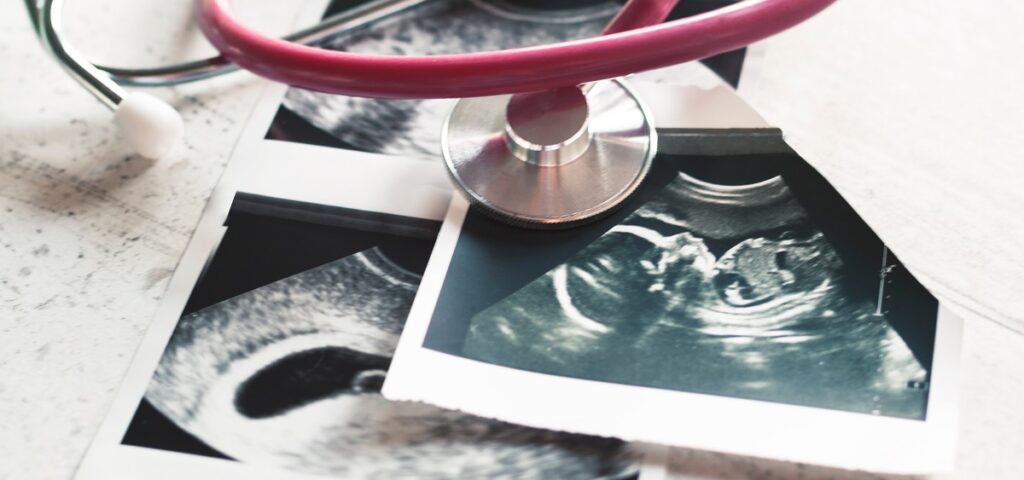Abortion rights are a constant source of debate and controversy. Just last week, the topic took centre stage during the U.S. presidential debate. Let’s reflect on how abortion rights have evolved in Quebec and in Canada.

Today, abortion is legal in Quebec, regardless of how far along the pregnancy is. The decision to continue a pregnancy or to have an abortion is entirely up to the pregnant woman or person.
It wasn’t until 1988 that Canada fully decriminalized abortion. This came after more than a century of prohibition and severe punishments. Here are four key moments that shaped abortion rights.
1869: Abortion is a crime
Canada passed its first abortion law in 1869. At the time, abortion was a serious crime punishable by life imprisonment. The rules on abortion were then included in Canada’s first Criminal Code in 1892. It still stated that anyone convicted of performing an abortion could face life imprisonment. As for those who caused their own abortion, they could receive a seven-year prison sentence. The Criminal Code also made it illegal to sell, distribute or advertise contraception.
1969 : Abortion is no longer a crime… but only in some situations!
In 1969, the Canadian Parliament passed a law that amended the Criminal Code: abortion became legal, but only in situations where the person’s life or health was at risk. The same law also decriminalized contraception.
To have a legal abortion, a person had to get a certificate from a committee of doctors at an authorized hospital. Otherwise, they risked a two-year prison sentence. On the other hand, medical professionals still faced life imprisonment if they performed an abortion without following the procedure outlined in the law.
1988 : Abortion is decriminalized
Abortion was decriminalized in Canada in 1988, following a case against Dr. Henry Morgentaler and other doctors. They had illegally opened a private abortion clinic in Toronto. As a result, they were charged with illegal abortion. Their case went all the way to the Supreme Court.
In the landmark decision of R. v. Morgentaler, the majority of the Supreme Court judges ruled that the abortion law had to be struck down because it went against the Canadian Charter of Rights and Freedoms, which guarantees people’s safety. The Court said that the rules on abortion in the Criminal Code harmed the physical and emotional well-being of people who wanted to end their pregnancy.
Since this decision, abortion is no longer a crime in Canada under any circumstances.
|
Did you know? Dr. Morgentaler faced trials in several Canadian provinces. Before the 1988 decision, he had already been charged several times for performing illegal abortions in Quebec. He was found innocent by several juries. But in one case, he was found guilty and spent 10 months in prison. Then, in 1976, the newly elected René Lévesque government decided to stop bringing charges against doctors performing abortions. As a result, the charges against Dr. Morgentaler in Quebec were dropped that same year. |
1989 : The Chantale Daigle case regarding fetal and paternal interests
The Supreme Court made another important decision on abortion in 1989.
In this historic case, Chantale Daigle wanted to have an abortion after breaking up with her controlling and violent partner. Her partner decided to take her to court to prevent her from terminating her pregnancy. He argued that, as the future father, he should have the right to stop the abortion from happening.
In the Tremblay v. Daigle decision, the Supreme Court had to decide whether the father or the fetus could stop a woman from having an abortion. The Court determined that neither the fetus nor the father had such rights. The fetus is not legally considered a person. The Court also ruled that the father of the fetus doesn’t have the power to oppose a woman’s decision to continue or end a pregnancy.





